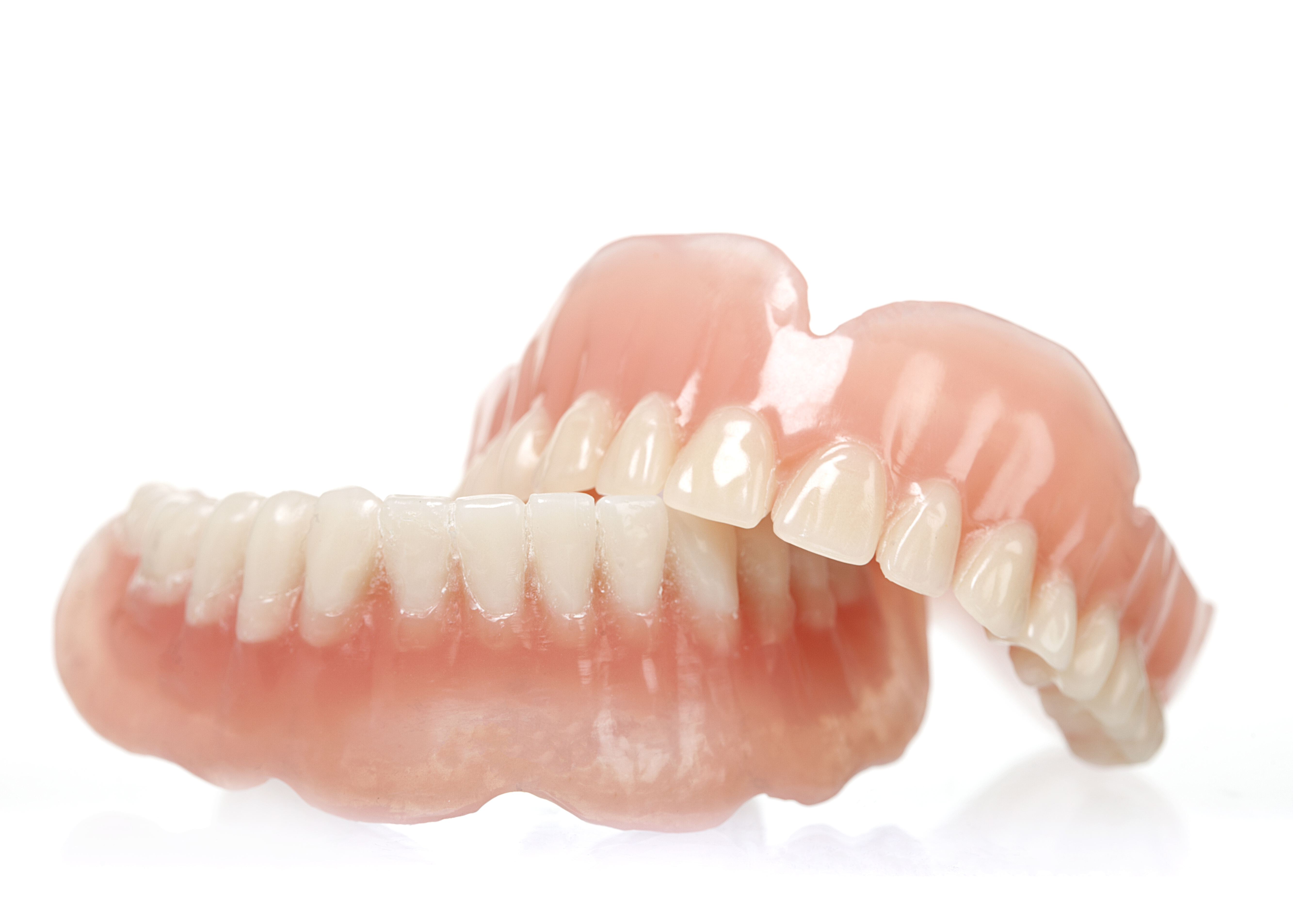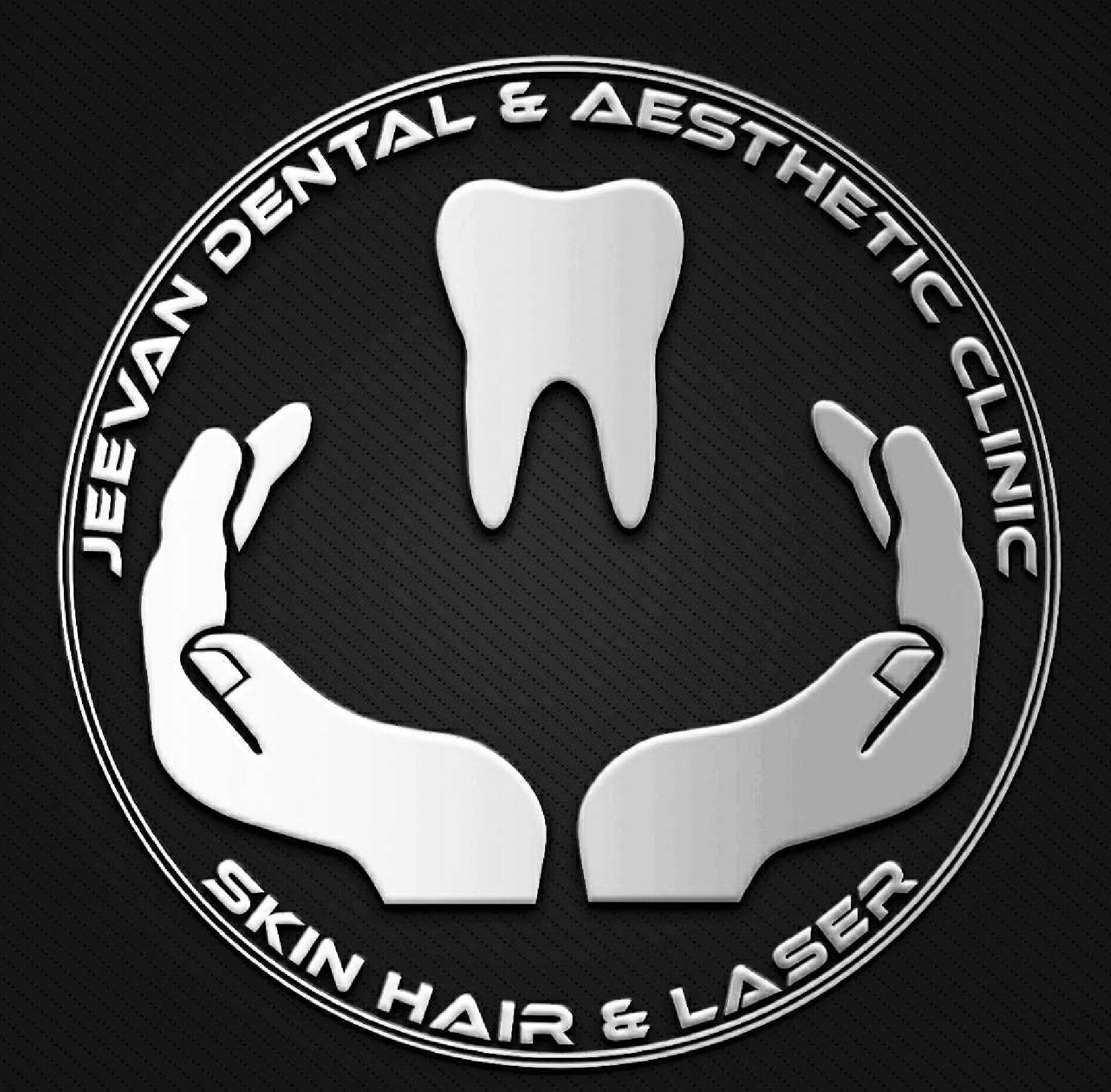Working Time
- Morning 10:00 AM- 02:00 PM
Evening 05:00 PM - 09:00 PM
Tuesday Evening Closed
Contact Info
-
Phone: +91-79915 81209
- info@dentco.net
Ask the Experts
Complete Dentures

DENTURES
Dentures become a viable option almost every time someone loses their teeth. Even the loss of one tooth can result in the use of partial dentures to rectify the problem. If a person decides to get implants or bridges, they may still wear dentures temporarily until this work is completed.
Note that young people lose their teeth too. One of the most common reasons for this is facial trauma, such as a sporting injury, motor vehicle accident, or a bad fall. These instances can lead to not just missing teeth, but also cracking and breaking.
There are several other health conditions and medications that may result in tooth loss. Diabetes, ectodermal dysplasia, rheumatoid arthritis, and gastrointestinal reflux may all increase the likelihood of tooth loss over time.
Types of Dentures
When patient’s lookup types of dentures, they mostly come across full dentures and partial dentures. However, these are just the tip of the iceberg. Over the past few years, dentists created hybrids with other dental treatments to provide patients with even more options.
- Full Dentures: Most commonly used by seniors, these dentures replace a complete set of teeth. They sit directly on top of the gums. Some patients are good candidates for immediate placement. In this instance, the dentist places the previously made dentures immediately after the extraction of the teeth. For everyone else, the dentist may recommend waiting eight to 12 weeks after teeth removal.
- Partial Dentures: When a patient still has teeth to blend in and anchor with the newly created teeth, the dentist may recommend partial dentures. This may require the use of a metal piece to which a pink-colored base is attached. The metal helps to anchor the false teeth to the natural teeth to prevent movement.
- Implant-Supported Dentures: This method blends dental implants with dentures. Instead of anchoring all the teeth in place individually, the dentist may add several dental implants that hold the full upper and/or lower set in place. Dentists may use this for partial dentures too. These dentures are not removable once in place. Please note that not all patients are good candidates for dental implants.
- Overdentures or Snap-In Dentures: When patients prefer to retain the ability to remove dentures, but like the stability of implants, they may opt for overdentures. These are handy in instances where a person has no teeth, as the dental implants provide an anchor that the teeth can sit on. For even more excellent stability, patients may opt for snap-in dentures. In this case, the implants have locator receptors, and the dentures have attachments. These work together to snap the dentures into place for a snug fit.
Other Tooth Replacement Options
In addition to dentures and partial dentures, patients may want to consider other ways to replace missing teeth. When deciding which option to choose, there are a few factors to consider, such as cost, general dental health, and your lifestyle.
Implants are most likely to create the feeling of having a natural set of teeth.
Another option is an implant- or tooth-supported fixed bridge. This works similarly to the implant-supported denture but is not removable. Instead of clipping on to the teeth or implants, however, the bridge is affixed with cement or a screw.
Care and Maintenance of the Dentures
Though dentures are durable and help the patient once again bite into food, these appliances can break. Dentures can also warp or get dirty, so it is vital that people follow proper maintenance guidelines.
After eating a meal, a patient should remove their dentures and rinse the appliance thoroughly with water, removing excess food. Also, patients should brush the dentures with a soft toothbrush and non-abrasive toothpaste. When it is time to retire for the night, the person should remove the dentures. Some denture wearers soak their dentures in a solution. You may contact our team to see if a denture solution is recommended for your care routine.
While some situations may be challenging to prevent, patients can minimize repair needs. People with dentures should be careful with certain hard foods such as nuts, popcorn kernels, ice, and candy. Some sticky foods may also pull out the dentures. When cleaning the appliance, the individual should place a towel or cloth on the counter or in the sink in case the dentures fall. Denture-wearers who play sports should wear a mouthguard to protect the dentures.




